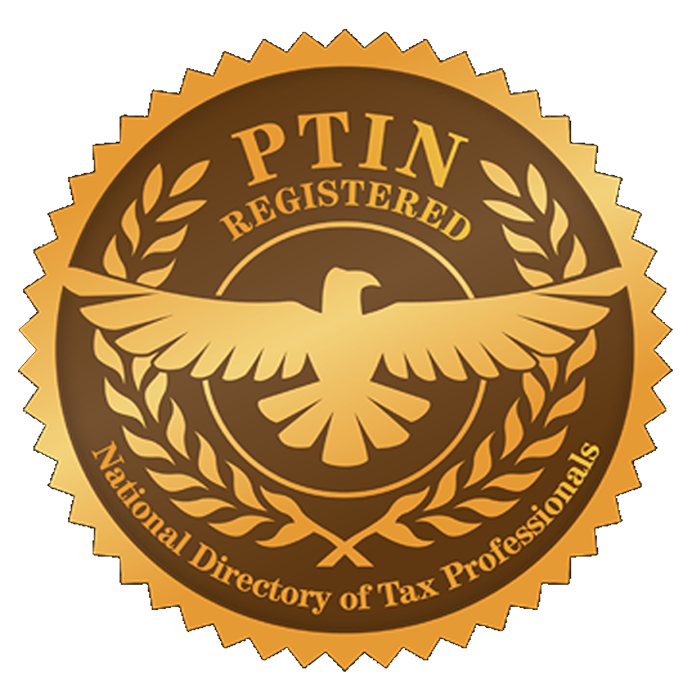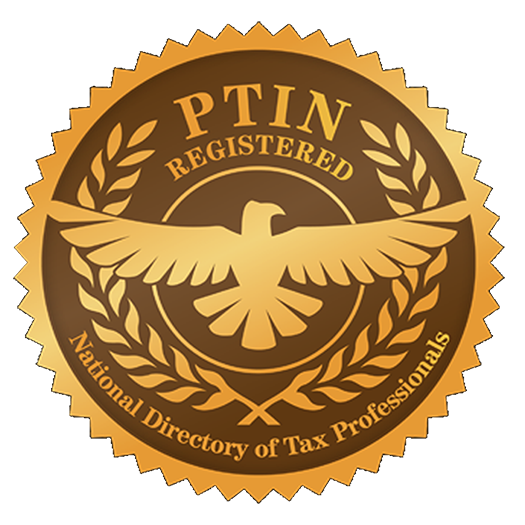
Tax Preparers With Limited Representation Rights Before the IRS
- PTIN Holders - Paid Tax Identification Number
- AFSP - Annual Filing Season Participant
Limited Representation Rights: Annual Filing Season Participants are preparers whom have limited practice rights. They may only represent clients whose returns they prepared and signed, but only before revenue agents, customer service representatives, and similar IRS employees, including the Taxpayer Advocate Service.

Tax Preparers With Unlimited Representation Rights Before the IRS
- Enrolled Agents
- Licensed certified Public Accountants
- Licensed Attorneys
Unlimited Representation Rights: Enrolled agents, certified public accountants, and attorneys have unlimited representation rights before the IRS. These Tax Professionals may represent any client on any matters including audits, payment/collection issues, and appeals.



